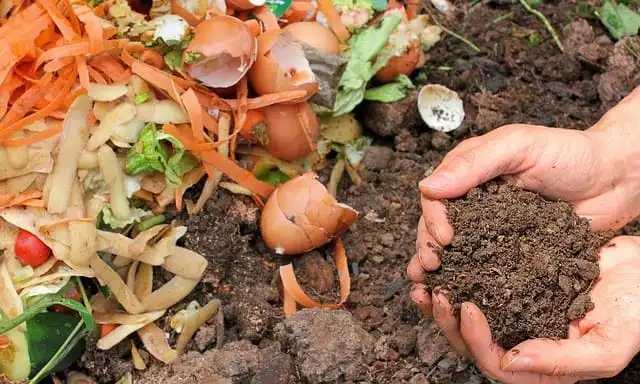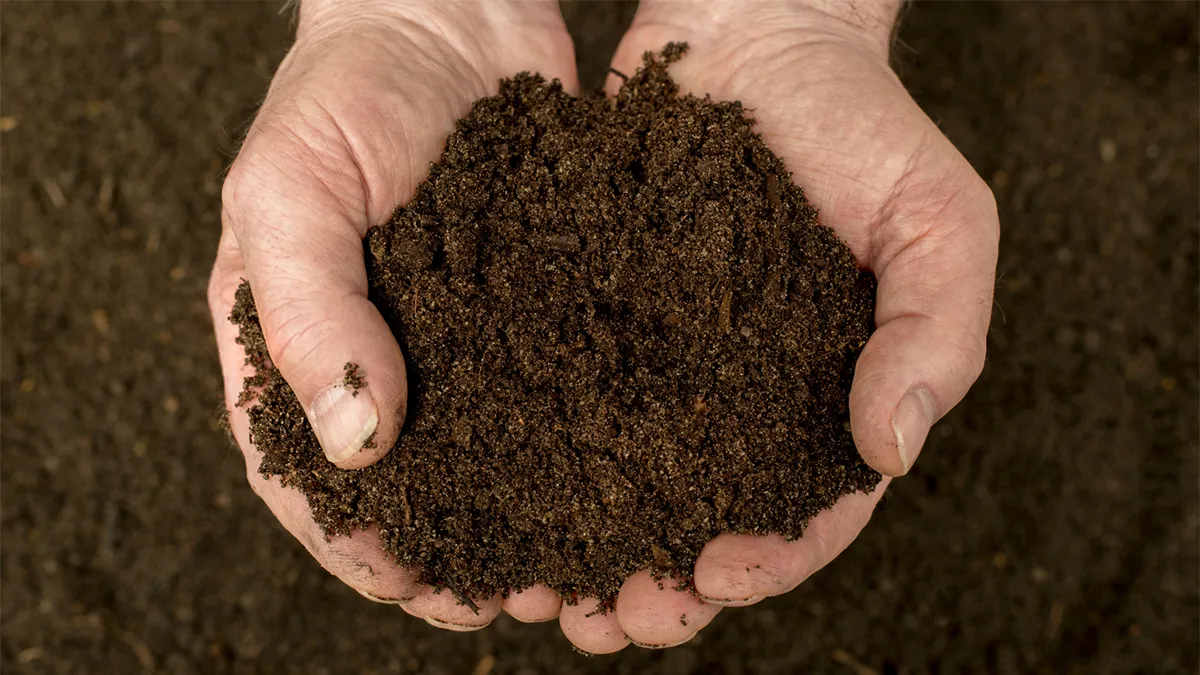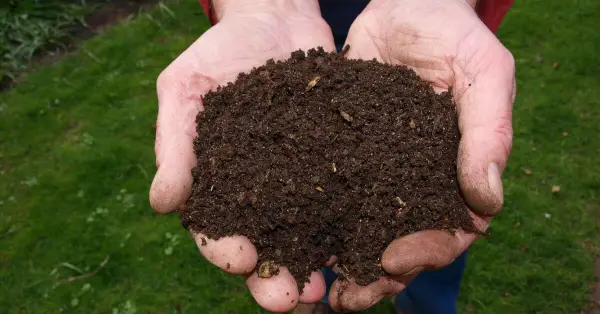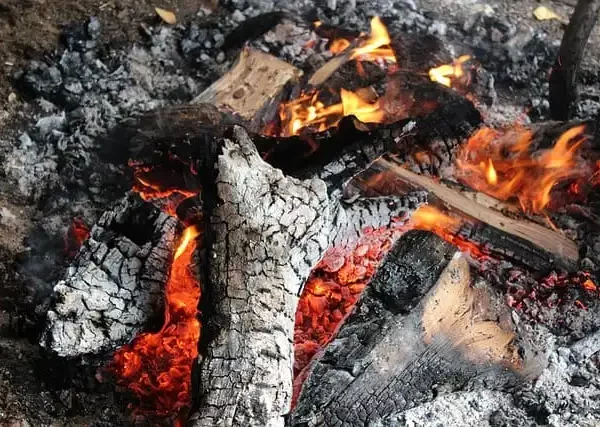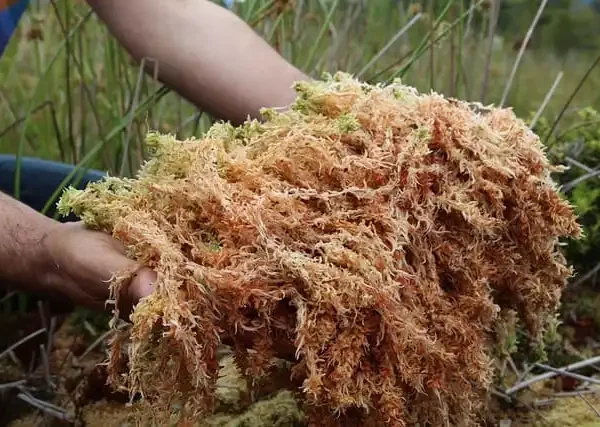Understanding the Basics of Composting
Composting is the natural process of decomposing organic matter like kitchen scraps, yard trimmings, and leaves into compost, a valuable soil conditioner rich in nutrients. Understanding the principles of composting is essential for successful waste reduction and soil enrichment.
Benefits of Composting
- Nutrient-Rich Soil: Compost improves soil structure, fertility, and water retention.
- Waste Reduction: Reduces landfill waste by recycling organic materials.
- Environmental Benefits: Minimizes greenhouse gas emissions and supports sustainable gardening practices.
Choosing a Composting Method
Selecting the right composting method depends on available space, time commitment, and desired composting speed. Various techniques suit different needs, from backyard compost bins to indoor vermicomposting (worm composting).
Common Composting Methods
- Backyard Compost Bin: Ideal for gardeners with outdoor space, using a bin to contain and manage compost materials.
- Tumbler Composter: Rotating drum composters accelerate decomposition and require minimal effort for turning.
- Vermicomposting: Uses worms to break down organic matter indoors, suitable for apartments or small spaces.
Step-by-Step Guide to Starting Composting
Gather Materials
Collect brown (carbon-rich) and green (nitrogen-rich) materials such as leaves, grass clippings, fruit/vegetable scraps, and shredded paper.
Build or Purchase a Compost Bin
Choose or build a suitable compost bin or container to accommodate your composting method and available space.
Layer Materials
Alternate layers of brown and green materials to promote airflow and balance carbon-to-nitrogen ratios in the compost pile.
Maintain Moisture and Aeration
Keep the compost pile moist like a damp sponge and aerate regularly by turning materials to promote decomposition.
Monitor and Adjust
Monitor compost temperature, moisture levels, and odor. Adjust ingredients or aeration to optimize composting conditions.
Troubleshooting Common Composting Issues
Addressing common composting challenges such as odor, slow decomposition, or pests involves understanding compost biology and environmental factors affecting microbial activity.
Tips for Troubleshooting
- Odor Control: Adjust green-to-brown ratios and turn the compost pile to improve aeration and reduce anaerobic conditions.
- Slow Decomposition: Increase nitrogen-rich materials or chop materials into smaller pieces to accelerate decomposition.
- Pest Management: Cover compost with a lid or add barriers to deter pests while maintaining airflow.
Conclusion: Embracing Sustainable Composting Practices
Starting composting enriches soil health, reduces waste, and supports sustainable gardening practices. By following expert guidelines and adapting composting methods to individual needs, gardeners contribute to environmental stewardship and enjoy the rewards of nutrient-rich compost for their gardens.
What materials can I compost?
You can compost a variety of organic materials including fruit and vegetable scraps, coffee grounds, eggshells, yard trimmings, leaves, and shredded paper. Avoid composting meat, dairy, and oily foods.
Do I need a special bin or container to start composting?
No, you can start composting with a simple homemade bin or pile in your backyard. However, using a compost bin or container can help contain materials, manage pests, and accelerate decomposition.
How do I balance green and brown materials in my compost pile?
Green materials, like kitchen scraps and grass clippings, provide nitrogen, while brown materials, such as leaves and shredded paper, provide carbon. Aim for a balanced mix to ensure proper decomposition.
How often should I turn or aerate my compost pile?
Turning or aerating your compost pile every 1-2 weeks helps introduce oxygen and speed up decomposition. However, tumblers or aerated bins may require less frequent turning.
Can I compost in an apartment or small space?
Yes, you can compost in small spaces using methods like vermicomposting (with worms), Bokashi composting (using a special fermenting process), or small-scale compost bins designed for urban settings.
How long does it take to make compost?
Composting times vary based on methods, materials, and environmental conditions. Generally, compost can be ready in 2-6 months. Faster methods like hot composting may yield compost in as little as a few weeks.
What should I do if my compost smells bad?
A smelly compost pile may indicate anaerobic conditions or too much moisture. Turn the pile to improve airflow, add more brown materials, and ensure proper moisture levels to reduce odor.
Can I compost in winter or cold climates?
Yes, you can compost in winter by insulating your compost pile with leaves or straw, using an insulated bin, or moving your composting operation indoors (e.g., vermicomposting).
How do I use compost in my garden?
Use finished compost to enrich soil before planting, top-dress existing plants, or create nutrient-rich compost tea. Incorporating compost improves soil structure, fertility, and water retention.
Is composting environmentally beneficial?
Yes, composting reduces landfill waste, lowers greenhouse gas emissions, and enriches soil without synthetic fertilizers, supporting sustainable gardening practices and environmental conservation.
- Lip Filler London – Lip Augmentation & Natural Lip Enhancement - December 16, 2025
- Tennessee’s THC Beverage Market - June 5, 2025
- Top THC Infused Seltzers in Delaware - June 5, 2025

